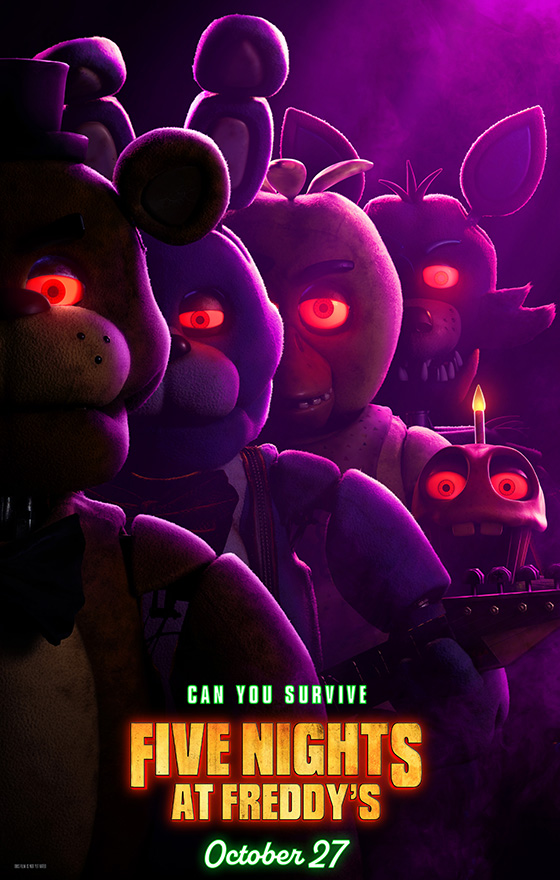Dec. 21, 2012: a date that may change history. According to the Mayan calendar, that date is when humans will cease to exist after a series of apocalyptic events.
But is it true? Throughout history there have been thousands of failed doomsday predictions — from the Joachimites’ two failed predictions in the 13th century to Harold Camping’s failed predictions in 2011.
Is the Mayan calendar any different? What makes the Mayan calendar’s prediction special? According to Assistant Professor of History Alvis Dunn, the calendar was used as early as 400 B.C.by the lowland Maya of Micronesia.
The calendar is unique because it works in a series of ages. We are currently nearing the end of the fifth age, the last age of the calendar.
“One can imagine several wheels of different sizes turning in conjunction with one another, interlocking, and each measuring a different span of time,” said Dunn in an email interview. “Different wheels turn for various periods … one for a month (30 days) another for a year (365 days) and others for much, much longer periods. One of the largest wheels measures an age, which is what the interest today is about. The end of the fifth age approaches evidently.”
The calendar says the world is going to end on Dec. 21, but does that make it true? When The Guilfordian asked students whether or not they thought that their demise was imminent, the answer was a resounding “no.”
“I’m really not too worried about it,” said junior Julia Sheehan. “I mean, just because an ancient calendar says the end is here, why does it have to be true?”
Still, the calendar creates fascination for some people.
“I’ve always been interested in these kinds of things,” said sophomore Ben Rosenthal. “But from everything I’ve ever read, I think the idea is pretty far-fetched.”
However, if you still have your doubts, don’t worry. NASA has tried to alleviate any last reservations about the brewing apocalypse.
“Contrary to some of the common beliefs out there, Dec. 21 won’t be the end of the world as we know it,” said NASA’s Marshall Space Flight Center on their Facebook page. “However, it will be another winter solstice.”
Multiple NASA representatives were on hand to debunk the doomsday theory via a Nov. 28 Google+ Hangout open to the public. During the event, NASA’s David Morrison, an astrobiologist at Ames Research Center, called the doomsday theory “a joke to many people.” Nonetheless, Morrison thought that it was “appropriate for NASA to answer questions” about the 2012 doomsday prophecy.
However, some students are finding a little levity in the possibility that everything we’ve ever known could come to an end.
“I do have some papers coming up that I wouldn’t mind getting out of,” junior Trey Atkinson said.
To combat this problem, Dunn has a very clear message for his students: “All I can say is that according to these ancient measures, a mathematical convergence will occur. My History 103 students will also have the final draft of their research papers due no matter what.”
[polldaddy poll=6746864]











